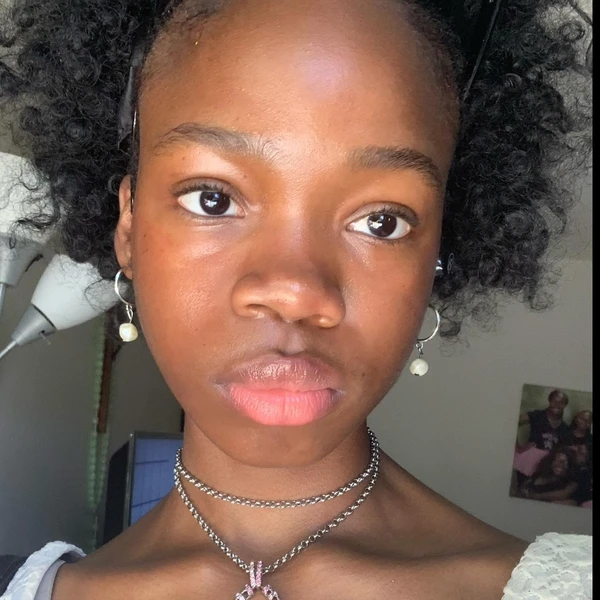
Hobbies and interests
Photography and Photo Editing
Community Service And Volunteering
Anatomy
Clinical Psychology
Mental Health
Psychiatry
Psychology
Public Health
Reading
Classics
I read books daily
Angel Obike
1,325
Bold Points1x
Finalist
Angel Obike
1,325
Bold Points1x
FinalistBio
I hope to become a psychiatrist and help people. I have dreamed of being a psychiatrist for years and planned my 12 years of school since 5th grade, and the only way I can go to college is through financial aid because of my immigrant and low-income status.
Education
San Gabriel High
High SchoolGPA:
4
Miscellaneous
Desired degree level:
Doctoral degree program (PhD, MD, JD, etc.)
Majors of interest:
- Behavioral Sciences
- Biopsychology
Career
Dream career field:
Medicine
Dream career goals:
psychiatrist
Public services
Volunteering
San Gabriel mission food pantry — Organizer2021 – Present
Rose Ifebigh Memorial Scholarship
I was born in Port Harcourt, Nigeria, a city alive with energy—the scent of roasting plantains in the air and the sound of music from every car wash I drive by are woven into my brain folds. My mom was from Ihiala in Anambra State, and my dad was from Ovim in Abia State, but Port Harcourt was home. That's where my story began, but it did not stay there.
Moving to the U.S. was like stepping into an entirely new universe, where I simultaneously felt invisible and painfully noticeable. The transition wasn't just about adjusting to a new school system or a different way of life; it was about learning to exist in a space where my identity felt like a question mark. I once told classmates I was from Amsterdam—technically accurate since I had a layover there—because saying I was Nigerian felt like an invitation for misunderstandings I wasn't ready to explain.
Life in the U.S. came with sacrifices. My family first lived in one cramped room in my aunt's house before moving into a small two-bedroom apartment. My older sister worked and studied to support us, and after my mom passed away, I took on the role of making sure my younger sister was cared for. Cooking became my responsibility, and I ensured our meals carried home's warmth—whether it was jollof rice, its smoky flavor intentional, or something quick and filling after a long day. Food pantries became a routine part of our lives, and I learned how to carry heavy bags of rice and canned goods through the cold. I learned responsibility early, not just for myself, but for my family.
I inherited resilience from Nigeria. I come from a people who push forward and find ways to create joy even in the face of struggle. My family taught me how to provide and put others before myself when necessary. In the U.S., I realized the power of education—how knowledge isn't just a tool for survival but a gateway to transformation.
But the biggest lesson came from something that wasn't openly discussed in either culture: mental health. In Nigerian communities, struggling with mental health is often met with silence or dismissed entirely. You're expected to be strong, to push through. But I've seen what happens when people are forced to suffer alone. I've seen how grief, anxiety, and depression take root when left unaddressed. That's why I want to be a psychiatrist—to bridge the gap between the science of the brain and the reality of human experience and to break the stigma surrounding mental health, especially in immigrant and African communities.
My experiences have defined my path. Leading the Dream Club at my school, a platform I created to support and guide immigrant and low-income students, taught me how powerful it is to uplift others. We organized workshops, cultural events, and academic support sessions, creating spaces where these students could feel seen and heard. Studying the brain, dissecting a sheep's brain in a dim lab, and tracing the optic chiasma and the corpus callosum deepened my fascination with neuroscience and its role in shaping human behavior. I realized that to heal people, we must first understand them biologically and emotionally.
I once struggled to fit between two worlds. Now, I realize I don't have to choose. I am Nigerian, and I am American. I am carving out a future where both identities can coexist—my past fuels my purpose, and I use my knowledge to make a difference.